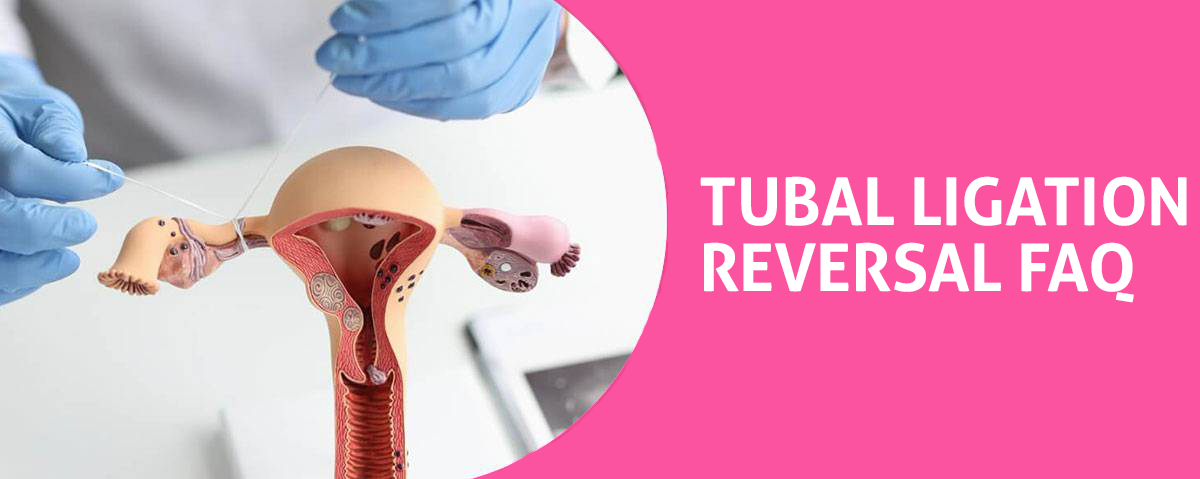How Are Ovaries Attached After Tubal Ligation?
While you might assume that tubal ligation affects the ovaries, it’s important to understand that this procedure actually involves the fallopian tubes. The goal is to prevent eggs from reaching the uterus, thus preventing fertilization. Now, you might be wondering about ligation alternatives. Well, there’s tubal implants and hysteroscopic sterilization, which are less invasive. Post surgery recovery can vary, but most women return to normal activities within a week. You may experience some discomfort, fatigue, gassiness, or bloating. It’s crucial to follow all post-operative care instructions and keep an open line of communication with your healthcare provider to ensure a smooth recovery process. Remember, tubal ligation is a permanent form of birth control and should be considered carefully.
Female Reproductive Anatomy Post-Ligation
After undergoing a tubal ligation, you might be curious about how your ovaries are affected and how they function post-procedure. The ligation impact on your ovaries is minimal; they continue producing hormones and releasing eggs as before. However, the eggs can’t travel to the uterus due to the blocked fallopian tubes. This alteration doesn’t detach the ovaries; they remain in their original position, connected to the uterus via ovarian ligaments.
Regarding ligation complications, it’s crucial to note that while ovaries aren’t directly affected, potential risks like ectopic pregnancy exist. This happens when a fertilized egg implants outside the uterus, usually in the fallopian tube. Ectopic pregnancy is a rare but serious condition requiring immediate medical attention.
Ovarian Function After Tubal Ligation
Often, you may wonder about the functionality of your ovaries following tubal ligation, and it’s essential to understand that they’ll still operate normally, producing hormones and releasing eggs. In terms of hormonal changes post ligation, your ovaries will continue to secrete estrogen and progesterone, necessary for maintaining your menstrual cycle and general health. Moreover, the procedure doesn’t impact the ovaries directly; hence, egg production remains unaffected. However, the impact on fertility is significant since tubal ligation prevents the eggs from reaching the uterus, consequently blocking fertilization. Although your ovaries will function as usual post-ligation, remember that the procedure is considered a permanent form of birth control. Thus, it’s crucial to weigh your options carefully before deciding.
Common Myths and Misconceptions Debunked
Now, let’s clear up some common myths and misconceptions you might’ve come across regarding tubal ligation. Firstly, ligation misconceptions that suggest it causes early menopause are false; tubal ligation doesn’t affect your ovaries or hormone production. Secondly, the belief that it’s reversible is a common fallacy. While reversal procedures exist, they’re not always successful and can’t be guaranteed. Lastly, the myth that tubal ligation protects against sexually transmitted diseases needs debunking. This procedure only prevents pregnancy, not infections. Understanding these myths debunking helps you make more informed decisions about your health. Remember, it’s crucial to consult with your healthcare provider for personalized advice and information.
Other Popular Questions About Tubal Ligation Reversal:
How Dangerous Is Tubal Ligation?
How Common Is Weight Gain After Tubal Ligation?
How Common Is Tubal Ligation Failure?
How Common Is Regret After Tubal Ligation?
How Common Is Recanalization After Tubal Ligation?
How Common Is It to Get Pregnant 7 Years After a Tubal Ligation?
How Can You Tell if Your Tubal Ligation Failed?
How Can You Still Have Periods After Tubal Ligation Anatomy?
How Can You Have a Period After Tubal Ligation?
How Can I Tell What Type of Tubal Ligation I Had?
How Can I Reverse Tubal Ligation?
How Can I Prevent Early Menopause After Tubal Ligation?
By using this webiste you agree to Terms and Conditions
